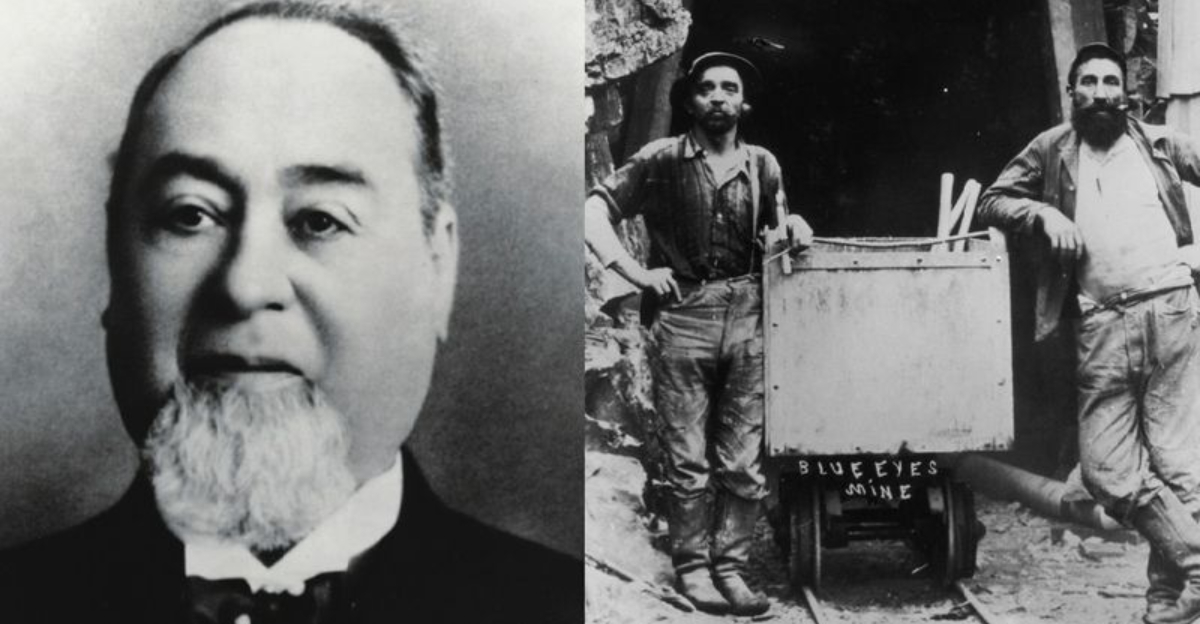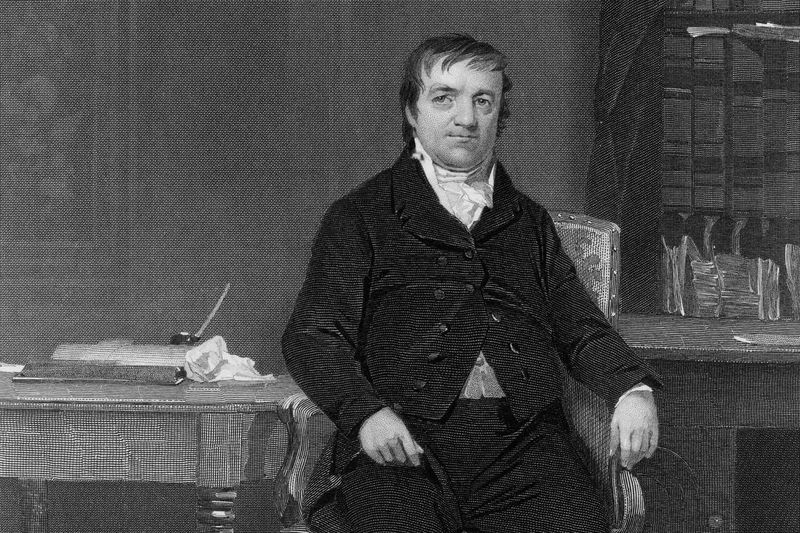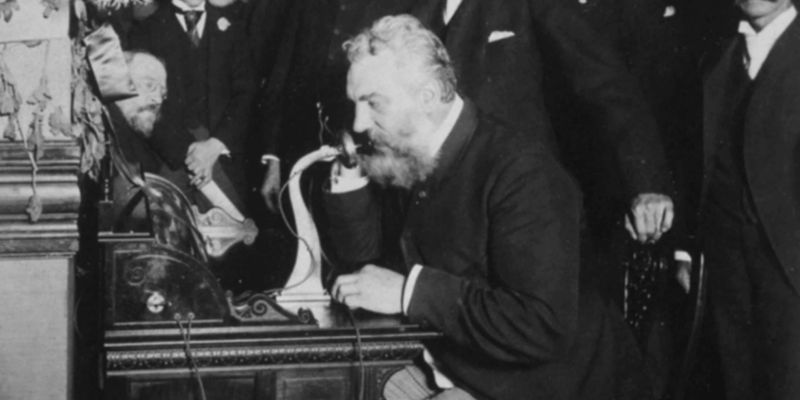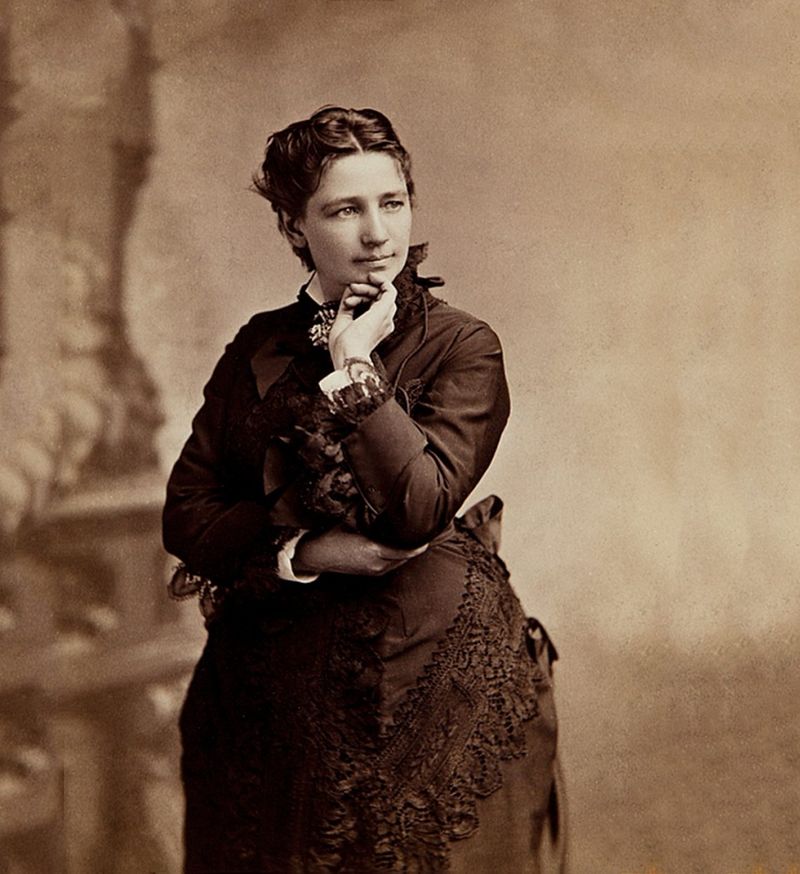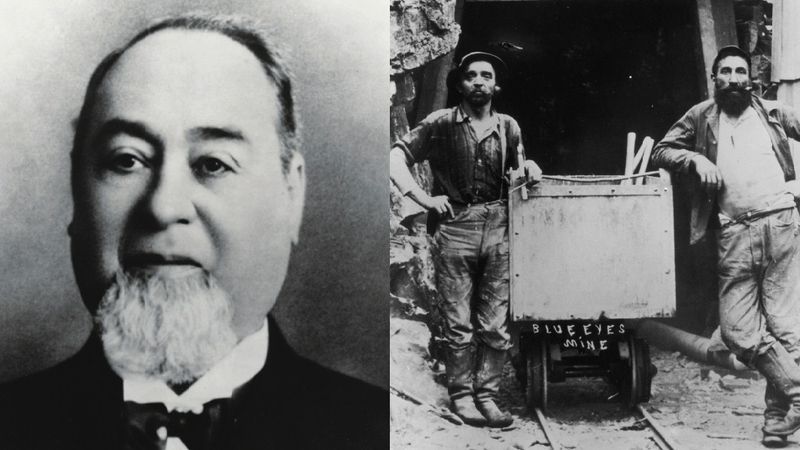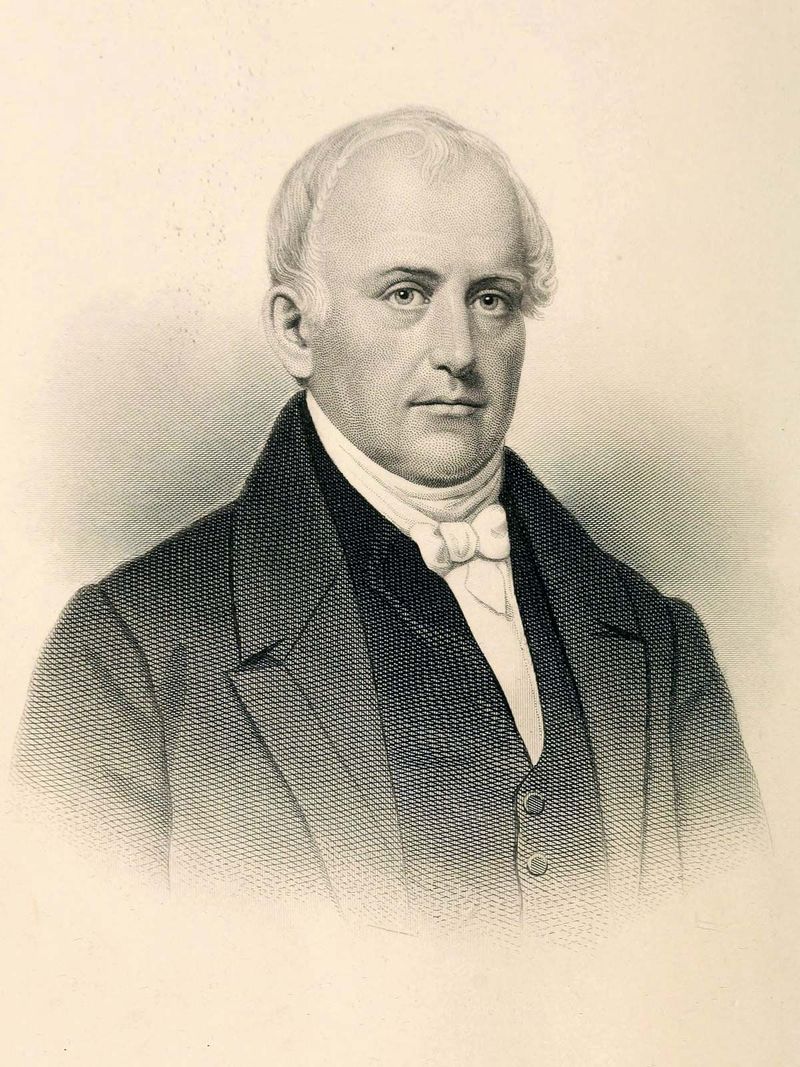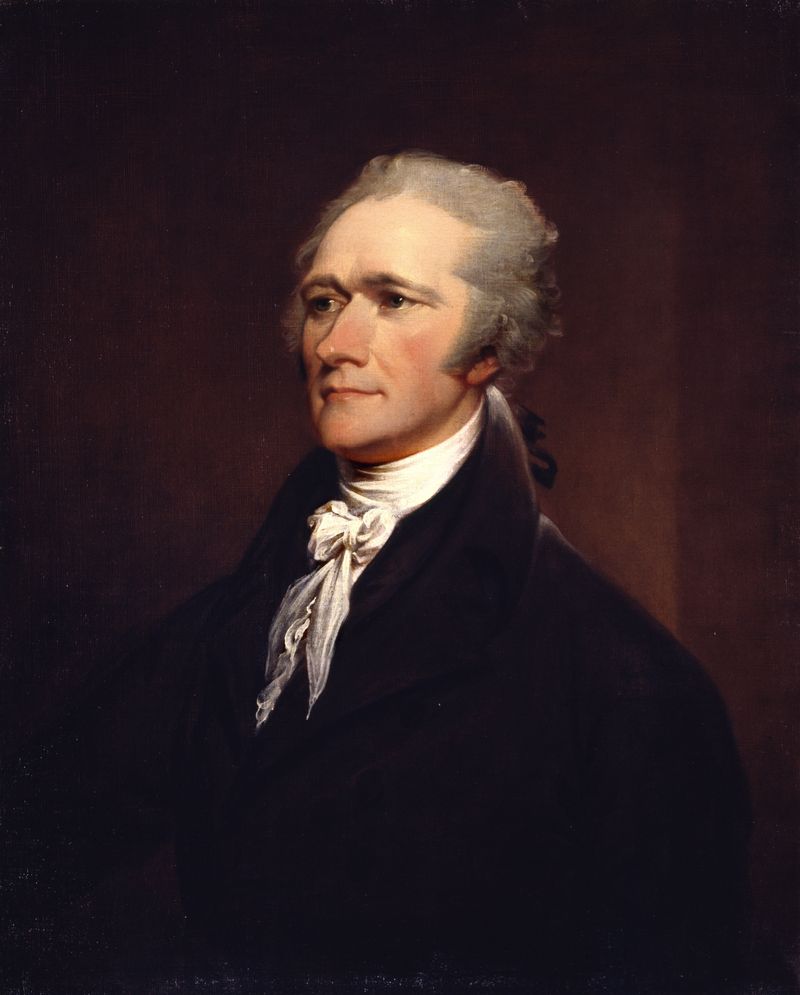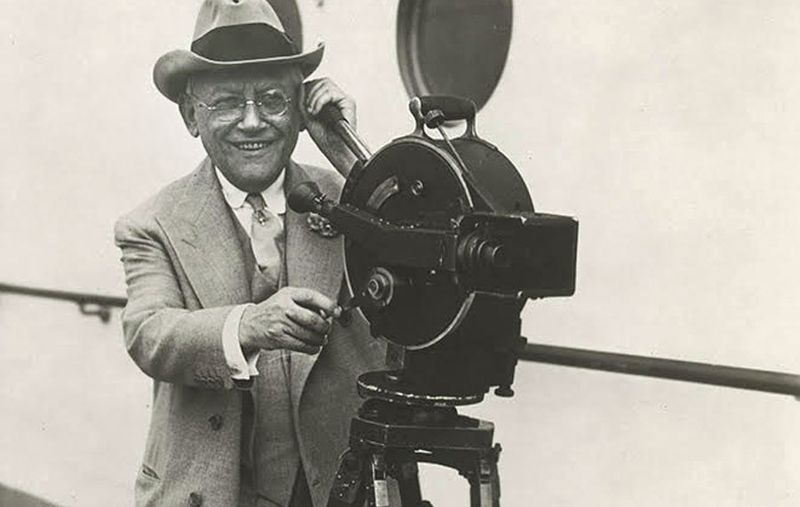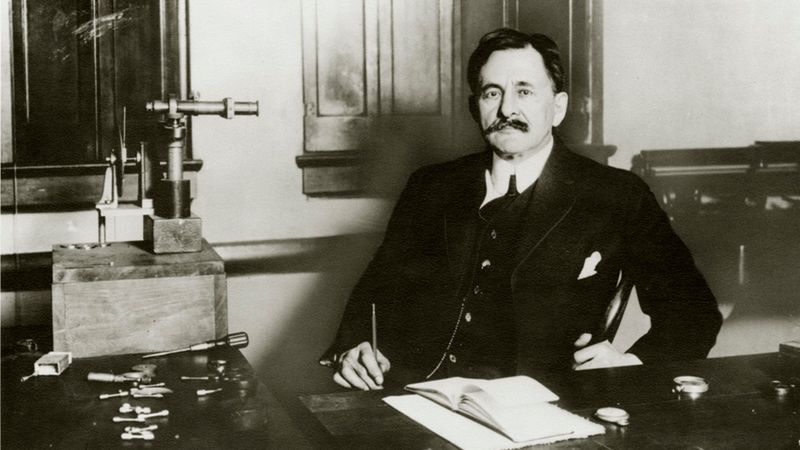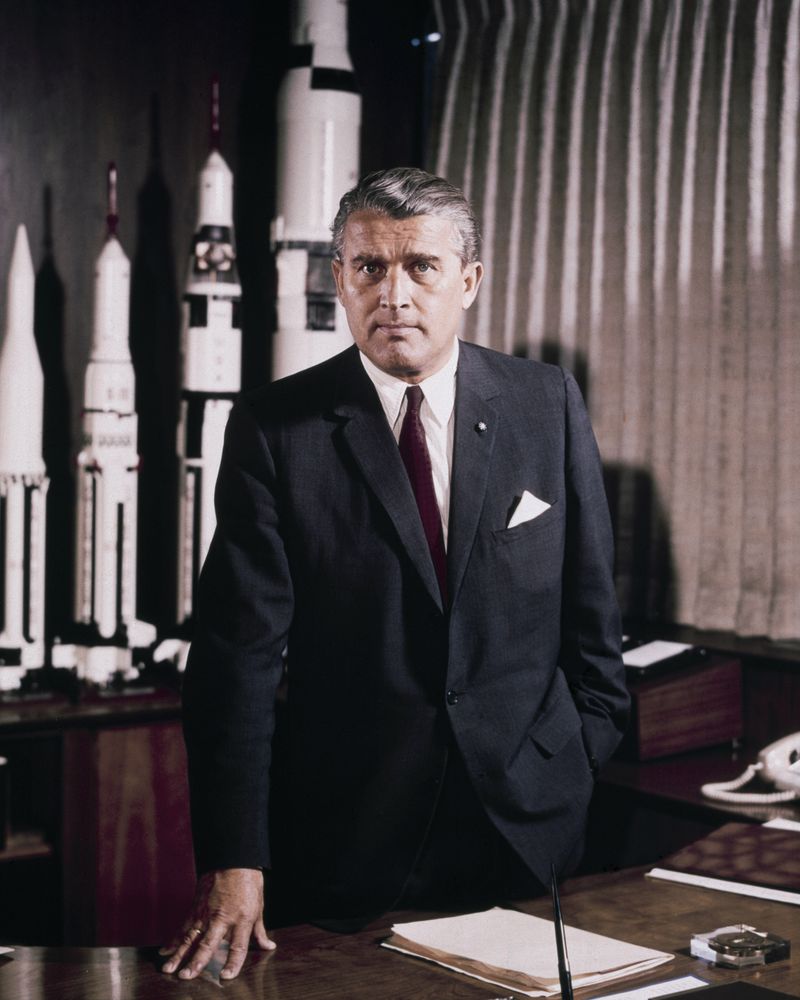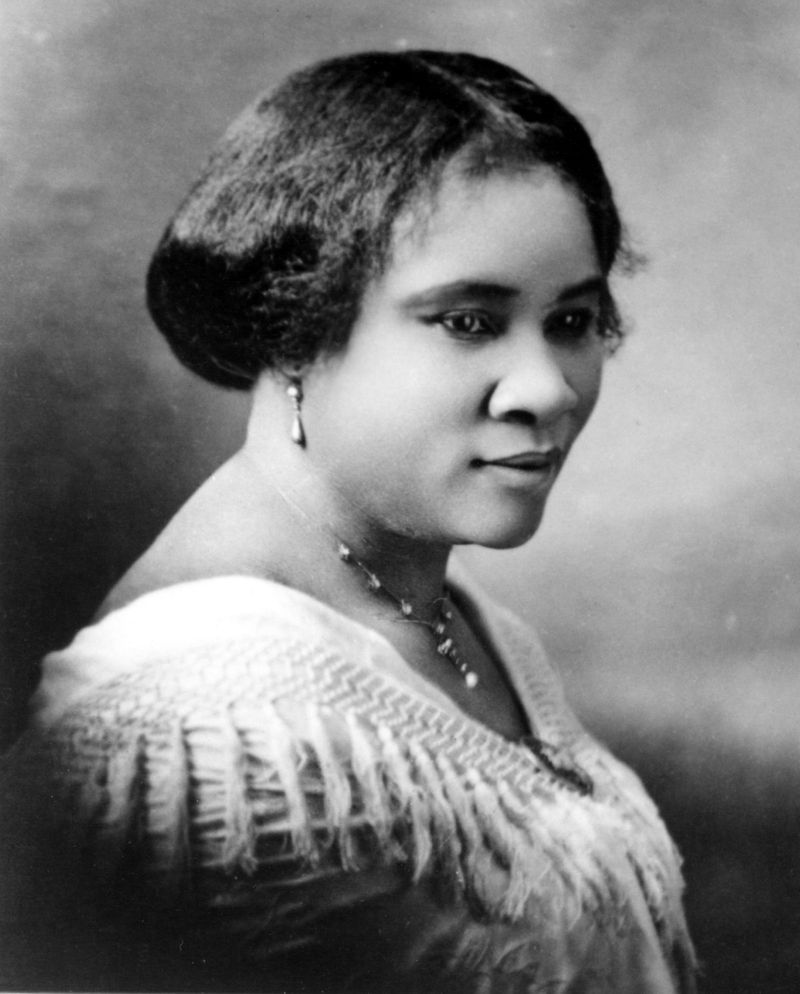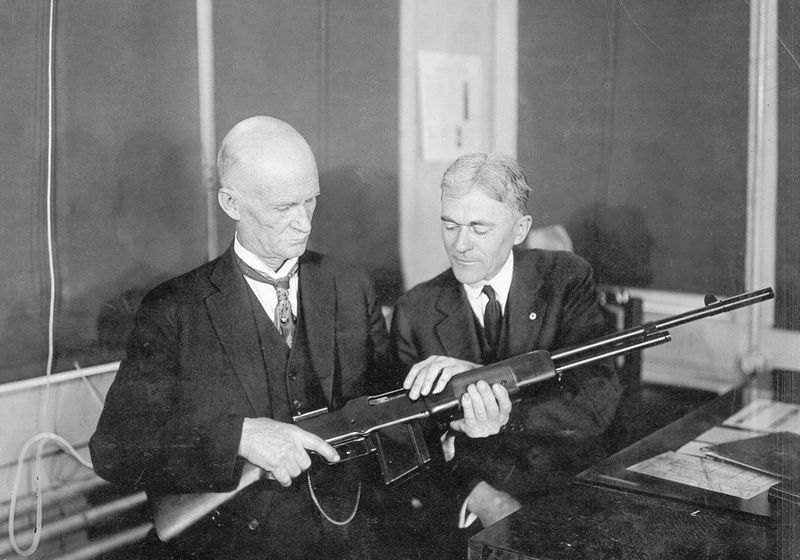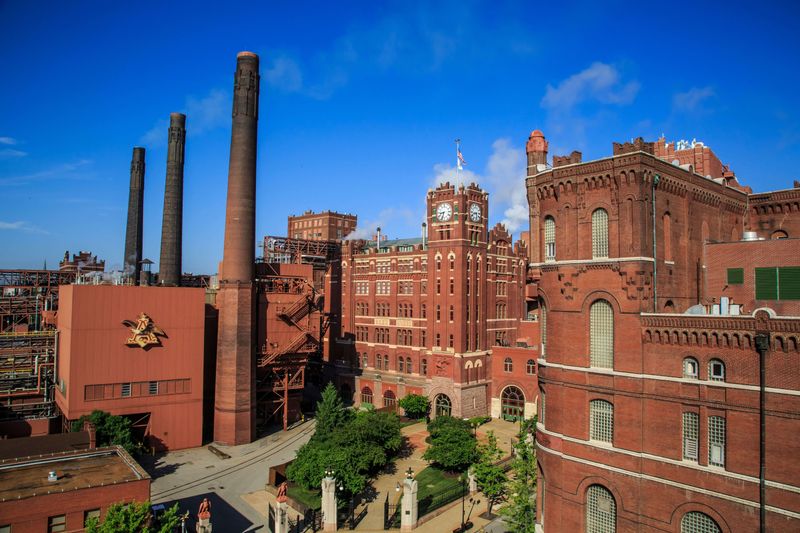American history is a tapestry of diverse narratives, with immigrant stories often at the forefront. While history books touch on famous figures, many compelling tales remain untold. From the first millionaire to groundbreaking inventors, immigrants have shaped the American landscape in profound ways. Here are 17 lesser-known facts about the achievements of immigrants in America.
1. The First American Millionaire Was an Immigrant
John Jacob Astor arrived from Germany with dreams and little else. His journey in the U.S. began humbly but quickly turned into an extraordinary tale of success. Through savvy fur-trading, he amassed unprecedented wealth, becoming America’s first millionaire by the early 19th century. Astor’s empire was built on determination, with ventures expanding into real estate that cemented his legacy. A philanthropist at heart, he contributed significantly to cultural institutions, shaping them for generations to come. His life remains a testament to the power of ambition and the transformative potential of the American dream.
2. The Man Who Invented the Telephone Was an Immigrant
Alexander Graham Bell, originally from Scotland, forever changed communication with his invention of the telephone. Although he filed its patent while still a British subject, he became a U.S. citizen, embracing his role in American innovation. Bell’s passion for teaching the deaf fueled his creative pursuits, intertwining humanitarian efforts with technological advancements. His contagious curiosity and relentless experimentation led to the creation of a device that linked voices across distances. The telephone not only revolutionized personal connections but also laid the groundwork for future technological leaps, cementing Bell’s place in history.
3. America’s Favorite Condiment Was Created by Immigrants
Heinz Ketchup, synonymous with American dining, owes its origins to German immigrant H.J. Heinz. Starting with humble beginnings selling horseradish in Sharpsburg, Pennsylvania, Heinz’s entrepreneurial spirit transformed a simple condiment into a household staple. His innovative approach to marketing and quality control set industry standards that persist today. Beyond business, Heinz believed in social responsibility, ensuring employee welfare at his factories. This commitment to quality and people forged a legacy of trust and taste that endures. The story of Heinz is one of flavor, innovation, and a dash of immigrant ingenuity.
4. The First Woman to Run for President Was an Immigrant
Victoria Woodhull, originally from the UK, shattered ceilings by running for U.S. President in 1872, long before women had the right to vote. Her radical campaign challenged norms, advocating for women’s rights and social reforms. Woodhull’s trailblazing spirit extended beyond politics; she was a successful stockbroker and publisher. Her life was marked by bold choices and unyielding determination, earning her a place in history as a pioneer of women’s empowerment. By daring to dream, Woodhull opened doors for future generations of women, forever altering the American political landscape.
5. The Real “American Dream” Started with a Polish Immigrant
Levi Strauss, a German immigrant with Polish roots, didn’t just create jeans; he crafted an enduring American icon. Arriving during the Gold Rush, Strauss recognized miners’ needs for durable clothing, leading to the invention of blue jeans. His innovation in fabric combined with a keen business sense transformed denim into a symbol of resilience and style. Beyond commerce, Strauss was a philanthropist, supporting local schools and charities. His legacy endures in every stitch of denim, telling the story of creativity meeting opportunity and the timeless pursuit of the American dream.
6. The Father of the American Industrial Revolution Was an Immigrant
Samuel Slater from the UK, known as the “Father of the American Industrial Revolution,” clandestinely brought British textile technology to the U.S. His pioneering work in Rhode Island led to the first successful cotton mill, igniting the American industrial age. Slater’s ingenuity and determination paved the way for the textile industry’s growth, reshaping the nation’s economic landscape. Beyond business, he invested in community development, establishing schools and housing for his workers. Slater’s legacy is a testament to the power of knowledge transfer and the profound impact of immigrant innovation.
7. The Man Who Saved the U.S. Economy Was an Immigrant
Alexander Hamilton, an orphan from Nevis in the Caribbean, became a pivotal figure in American history as the first Treasury Secretary. His vision and policies laid the financial foundation for the young nation, establishing the national bank and stabilizing the economy. Hamilton’s brilliance extended beyond economics; he was a key figure in drafting the Constitution and advocating for a strong federal government. His life, marked by political intrigue and personal trials, remains a compelling chapter in the American story. Hamilton’s legacy is one of resilience and transformative leadership.
8. The First U.S. Nuclear Scientist Was an Immigrant
Enrico Fermi, an Italian physicist, led a scientific revolution with his work on the first nuclear reactor. Arriving in the U.S. to escape fascism, Fermi’s expertise was pivotal in the Manhattan Project, altering the course of science and history. His contributions extended beyond nuclear physics, influencing fields like quantum theory and statistical mechanics. Fermi’s legacy is one of brilliance and dedication, embodying the relentless pursuit of knowledge that defines scientific progress. His work underscores the critical role of immigrant scientists in shaping modern America.
9. The Fastest-Growing Immigrant Entrepreneurs Are African & Asian
Nigerian and Asian immigrants are at the forefront of entrepreneurial growth in the U.S. Nigerians boast the highest education levels, translating into diverse business ventures that enrich the economy. Asian immigrants, known for their entrepreneurial spirit, start more businesses than any other group. Their impact is visible in tech startups, restaurants, retail, and beyond, contributing to America’s dynamic landscape. These communities exemplify resilience and innovation, driving economic growth and cultural diversity. Their stories are a testament to the potential unleashed when diverse backgrounds meet American opportunities.
10. The First U.S. Movie Studio Was Founded by an Immigrant
Carl Laemmle, a German immigrant, revolutionized the film industry by founding Universal Pictures in 1912. His vision turned Hollywood into the epicenter of global cinema, producing groundbreaking films that captivated audiences. Laemmle’s studio fostered innovation, introducing the concept of movie stars and producing early horror classics. Beyond film, he was a humanitarian, aiding European Jews during World War II. Laemmle’s legacy is one of creativity and compassion, reflecting the transformative power of immigrant contributions to American culture. His work paved the way for a new era of storytelling and cinematic magic.
11. The Man Who Built New York’s Skyscrapers Was an Immigrant
William LeBaron Jenney, from the UK, and Louis Sullivan, of Irish descent, are pivotal figures in the birth of skyscrapers. Jenney’s innovative use of steel frames laid the groundwork for towering structures, while Sullivan’s architectural genius earned him the title “father of modern skyscrapers.” Their designs transformed the New York skyline, symbolizing American ambition and progress. Their work influenced generations of architects, leaving a lasting imprint on urban landscapes worldwide. The rise of skyscrapers under their guidance is a tribute to the visionary spirit of immigrant pioneers.
12. The First American Nobel Prize Winner Was an Immigrant
Albert Michelson, born in Prussia, became the first American Nobel Prize winner in Physics in 1907. His precise measurement of the speed of light challenged existing scientific paradigms and paved the way for Einstein’s theories. Michelson’s work exemplified meticulous experimentation and a relentless pursuit of accuracy, hallmarks of groundbreaking science. His achievements highlighted the vital role of immigrants in advancing American scientific leadership. Michelson’s legacy is a beacon for aspiring scientists, illustrating the heights one can reach with dedication and intellectual curiosity.
13. The U.S. Space Program Was Fueled by Immigrant Scientists
The U.S. space program’s success owes much to immigrants like Wernher von Braun and Sergei Korolev. Von Braun, from Germany, designed the Saturn V rocket, pivotal in landing humans on the moon. Korolev’s influence reached NASA after his defection from the Soviet Union, shaping early space missions. Their expertise and vision propelled America into the space age, achieving milestones that seemed impossible. Their contributions underscore the importance of international collaboration in the quest for space exploration. The legacy of these immigrant scientists is written in the stars they helped us reach.
14. The First Self-Made Female Millionaire Was an Immigrant’s Daughter
Madam C.J. Walker, daughter of freed slaves, became America’s first self-made female millionaire with her haircare empire. Her innovative products catered to African American women, addressing a neglected market with quality and care. Walker’s business acumen and commitment to philanthropy empowered countless women, offering employment and education opportunities. Her legacy is one of empowerment and entrepreneurship, demonstrating the profound impact of determination and vision. Walker’s story is a powerful reminder of the doors that can be opened through resilience and creativity, leaving a lasting mark on American society.
15. The U.S. Military’s Greatest Inventor Was an Immigrant
John Moses Browning from Sweden revolutionized American military firearms with his innovative designs. The M1911 pistol, Browning machine gun, and Winchester rifle, all bear his genius and are still in use today. Browning’s inventions not only enhanced military capabilities but also influenced firearm design globally. His dedication to craftsmanship and functionality set new standards in the industry. Browning’s work is a testament to the profound impact of immigrant ingenuity on American military history and technology. His legacy endures in the reliability and precision of his enduring creations.
16. The Man Who Made American Beer Famous Was an Immigrant
Adolphus Busch, a German immigrant, transformed the American beer industry by co-founding Anheuser-Busch. His marketing strategies and innovations, including refrigerated railcars and pasteurization, ensured Budweiser’s widespread popularity. Busch’s commitment to quality and branding turned the beer into an American staple, influencing brewing practices globally. Beyond business, he was a philanthropist, supporting various civic projects. Busch’s story is one of visionary leadership and creativity, demonstrating the vital role immigrants have played in shaping American industry and culture. His legacy bubbles on in every glass of beer enjoyed.
17. The U.S. Wouldn’t Have Silicon Valley Without Immigrants
Silicon Valley’s rise as a global tech hub owes much to immigrants like Sergey Brin, Elon Musk, and Andy Grove. Brin, from Russia, co-founded Google, transforming how we access information. Musk, from South Africa, is behind Tesla and SpaceX, pioneering sustainable technology and space travel. Grove, from Hungary, led Intel’s innovation, solidifying its role in computing. Their contributions have revolutionized industries, driven technological advancements, and created millions of jobs. These visionary leaders exemplify the transformative power of diversity and the critical role of immigrants in American innovation.
